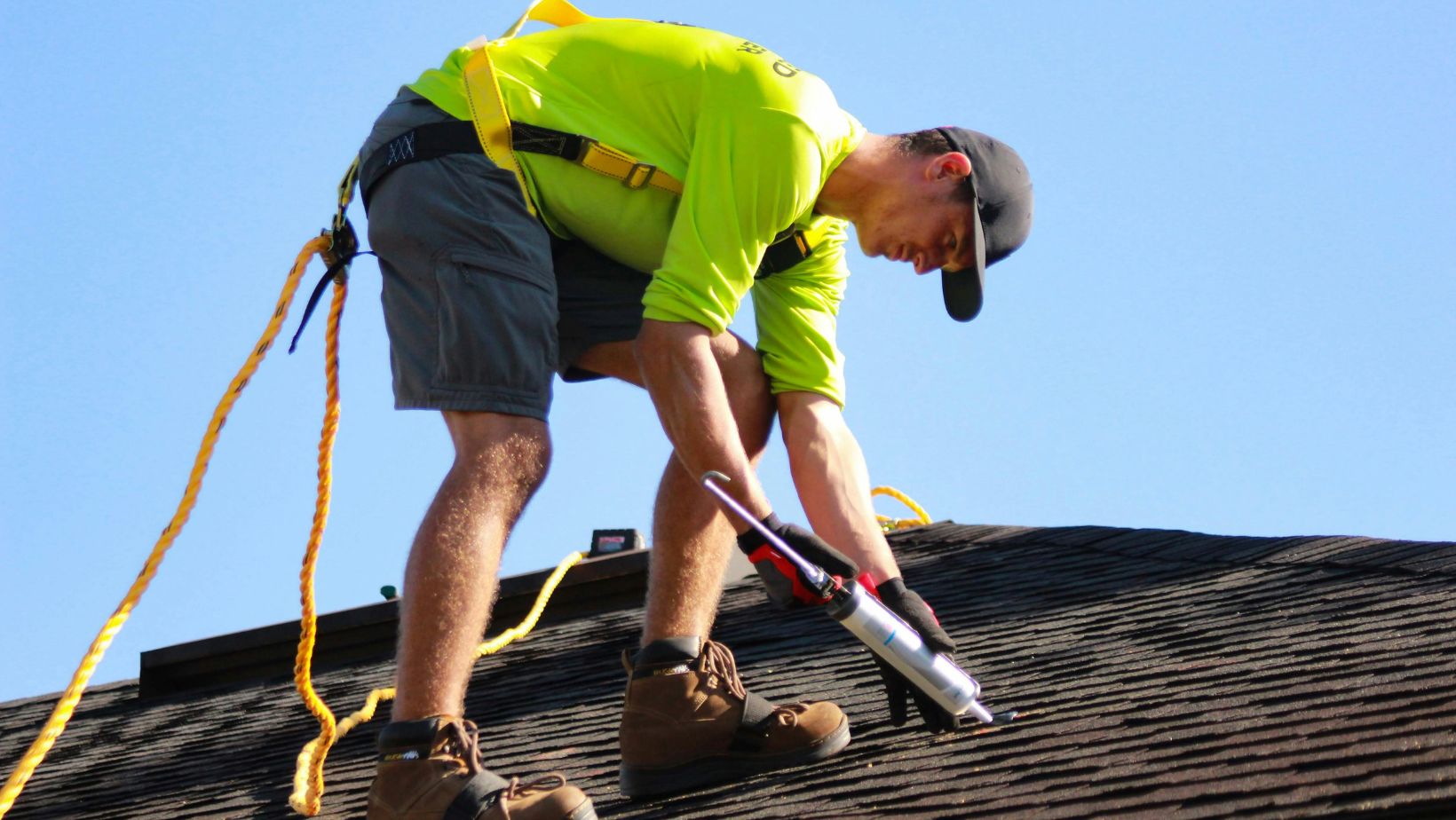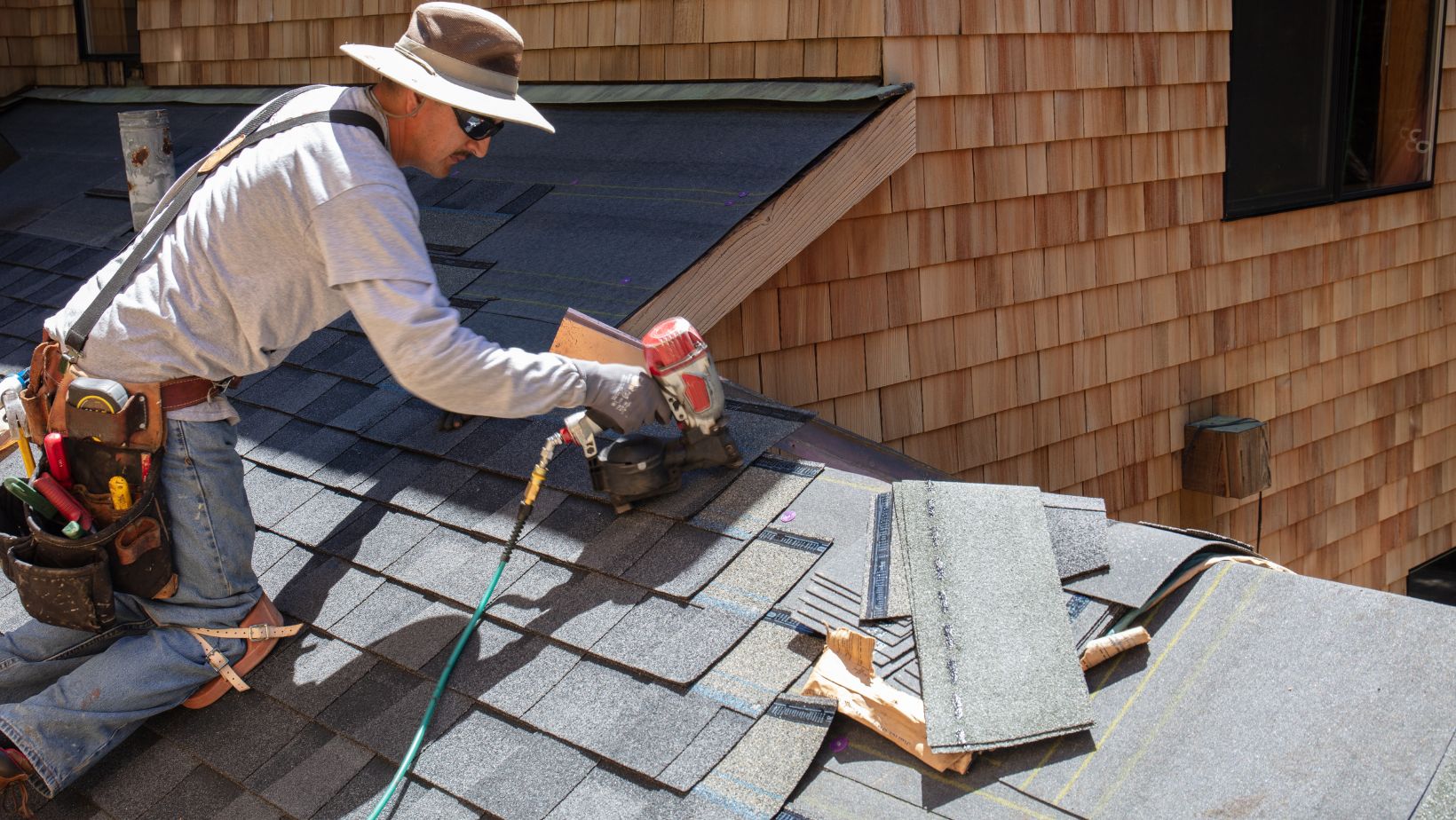Your roof plays a crucial role in protecting your home from the elements, but like all parts of a house, it will eventually need maintenance or even replacement. When your roof shows signs of wear and tear, the big question is whether to repair it or replace it entirely. Understanding the key factors involved in this decision can help you make the right choice for your home. This guide will explore the scenarios where each option is ideal so you can confidently choose between a repair or a replacement.
Assessing the Extent of the Damage
The first step in deciding between repair and replacement is assessing the condition of your roof. If the damage is minor, such as a few missing shingles or small leaks, a repair may be the more cost-effective option. Localized damage caused by storms or fallen branches can often be fixed without replacing the entire roof. However, if the damage is extensive or spread across a large portion of the roof, replacement might be the better choice. Problems like widespread water damage, sagging, or structural issues are clear indicators that a repair will not be enough to extend the roof’s lifespan. In such cases, it’s important to consult with roofing contractors who can thoroughly inspect your roof and recommend the best course of action based on its condition. They can provide an expert evaluation and help you determine if your roof is still structurally sound or if it’s time for a replacement.
Age of the Roof
The age of your roof is another significant factor to consider when deciding between repair and replacement. Most roofs have a lifespan of 20 to 30 years, depending on the materials used and the weather conditions in your area.

If your roof is nearing the end of its expected lifespan, it might make more sense to replace it rather than invest in multiple repairs that will only serve as temporary solutions. For instance, if your roof is more than 20 years old and you’re noticing frequent leaks, missing shingles, or other issues, it may be more cost-effective in the long run to replace the roof.
Repair Costs vs. Replacement Costs
Budget is always an important consideration when weighing roof repair against replacement. While a repair is generally less expensive than a full replacement, frequent repairs can add up quickly. If you find yourself paying for multiple repairs within a short period, those costs could eventually exceed the price of a new roof. It’s important to get a clear estimate of both the repair and replacement costs before making a decision. If the cost of repairing your roof is more than 50% of the cost of a full replacement, it may be worth investing in a new roof.
Energy Efficiency and Roofing Materials
Another factor to consider when deciding whether to repair or replace your roof is energy efficiency. Older roofs, especially those with deteriorating materials, may not be as energy-efficient as newer options. Replacing your roof with modern, energy-efficient materials can help reduce your heating and cooling costs and improve the overall comfort of your home. For example, roofing materials like metal, asphalt shingles, or clay tiles offer better insulation and reflect more heat, making your home more energy-efficient. If your current roof isn’t providing adequate insulation, upgrading to a new roof can save you money on energy bills while also addressing any damage or wear.
Impact on Home Value
If you’re considering selling your home in the near future, the state of your roof can significantly impact its resale value.

A new roof is a strong selling point for potential buyers, as it assures them that they won’t need to worry about costly repairs or replacements in the near future. On the other hand, a roof that needs significant repairs or replacement could be a deal-breaker for buyers or lead to reduced offers. If your roof is in poor condition and you’re planning to sell your home soon, replacing it may be the best option to maximize your home’s value and attract more buyers.
Weather and Climate Considerations
Finally, your local climate and weather patterns play a role in deciding whether to repair or replace your roof. If you live in an area with harsh winters, frequent storms, or heavy rainfall, your roof will experience more wear and tear over time. In such climates, a roof replacement with more durable materials might be a better investment to protect your home from extreme weather conditions. For example, homes in regions with high winds or hurricanes may benefit from a more wind-resistant roofing material, such as metal or tile, which can withstand severe weather better than traditional asphalt shingles.
In conclusion, deciding whether to repair or replace your roof depends on a combination of factors, including the extent of the damage, the age of the roof, and your budget. While repairs can be a cost-effective solution for minor issues, more significant damage or an aging roof may require a full replacement to ensure the long-term safety and efficiency of your home. Consulting with professionals can help you make the best decision for your specific situation, ensuring that your home remains protected and valuable for years to come.


More Stories
5 Ways to Avoid Common Outdoor Event Planning Mistakes
Why You Should Invest In Professional Scaffolding Services?
Maximizing Space and Functionality: The Ultimate Guide to Garage Building